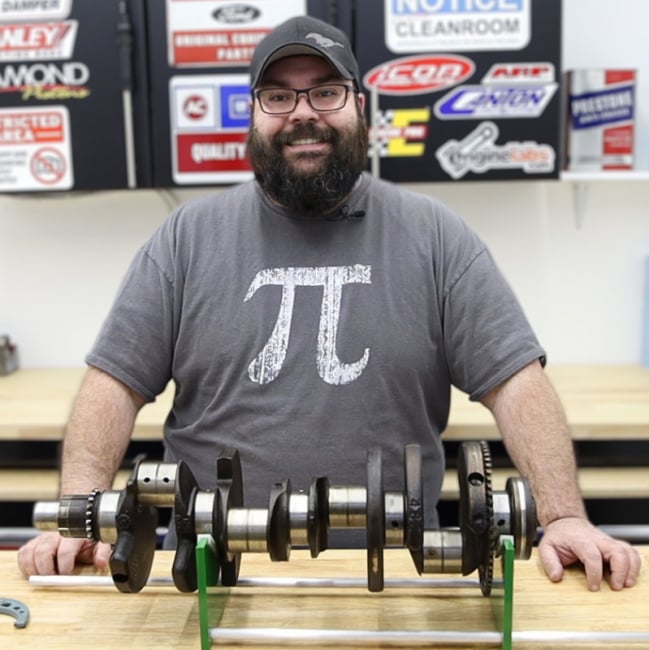When it comes to the programming of the electronic brains of modern EFI engines, there are several common names we have within the automotive lexicon for those people who specialize in turning ones and zeroes into usable horsepower. The two most common terms — both of which conjure up distinct images — are “tuner” and “calibrator.”
We touched on the differences in a recent article on SAM Tech’s new EFI Calibration series of classes, but generally, when you hear the word “calibrator” you probably imagine someone with glasses who sits behind a bank of computers in a laboratory setting, who views the world as a Matrix-like stream of computer code while refining an engine’s performance.
Conversely, the term “Tuner” can elicit visions of laptop computers wired sloppily into the passenger seat of an import, flashing “DANGER TO MANIFOLD” (thanks to the late-‘90s and early 2000s). Or more likely, if you live in this decade, you think of someone with a laptop who understands the complexities of the modern ECU and knows how to make your car run well after you throw a bunch of parts at it.
While the video above from The Tuning School is mostly a satirical skit meant in good fun, it does, address some key points in the differences between a calibrator and a tuner. “They are actually two very different occupations, but the industry likes to mix and match these terms loosely,” says Bob Morreale, president of The Tuning School.
Defining the Roles
“Tuners show up to work each day at the dyno shop and finds a surprise at their doorstep,” Morreale explains. “It could be eBay turbos from the cheap guy down the road or a high-end build. Either way, a tuner’s day consists of taking a build that may be low- or high-quality, and typically has to make it start well, idle and part throttle well, and go fast as it can when the pedal hits the floor, keeping reliability in the mix too. The tuner has to be smart and flexible, and above all; patient while they work on the dyno.”
Morreale also expands on what a calibrator job consists of. “Calibrators show up to work in a more formal testing environment, and typically work for an OEM,” he says. “They are highly organized and given specific sections or tasks that contribute to the overall calibration. It’s highly unusual for any single calibrator to do every single part of the calibration because their team is typically building an entire calibration from scratch. Calibrators are typically specialized, trained for one area of the calibration from the start, but they can move from area to area over time and multiple projects.”
More than just a difference in scope of work, tuners and calibrators generally have a different background and education as well. “Typically tuners start out at home and learn on their own vehicles. We have many methods for people to get started, such as learn-at-home, online classes, and in-person classes. However, it takes months of practice and learning on a single brand of tuning software and vehicle to become proficient,” Morreale says.

This is the image most people conjure up when they think of a “calibrator.” While the lab coat is a bit of a stretch, OEM level calibrators do work with a level of advanced sensor suites and laboratory-grade technology that most tuners would sell organs on the black market to have in their shop.
“A Calibrator typically starts his or her career as a graduate from a college with a Mechanical Engineering degree or similar. They are typically recruited by an OEM and spend a fair amount of time learning about their goals and understanding the testing process and procedures.”
Differences aside, the two terms are basically two sides of the same coin. “The reality is that you can find real brilliance in the people whose job it is to be in each of these very different roles,” says Morreale. “I’ve known tuners who can make an insane combination of high-end engine parts run and drive fantastic that were never designed to.”
“Conversely, many calibrators I have talked with, wish that they had the freedom to fine-tune their calibrations to the degree that tuners have. From my perspective, each has its good qualities and deserves respect, and neither should look down on the other.”

















